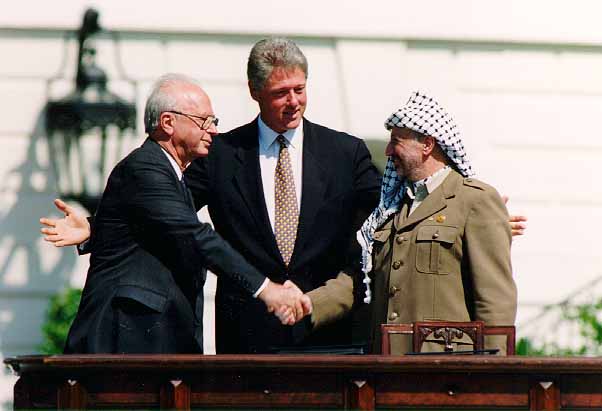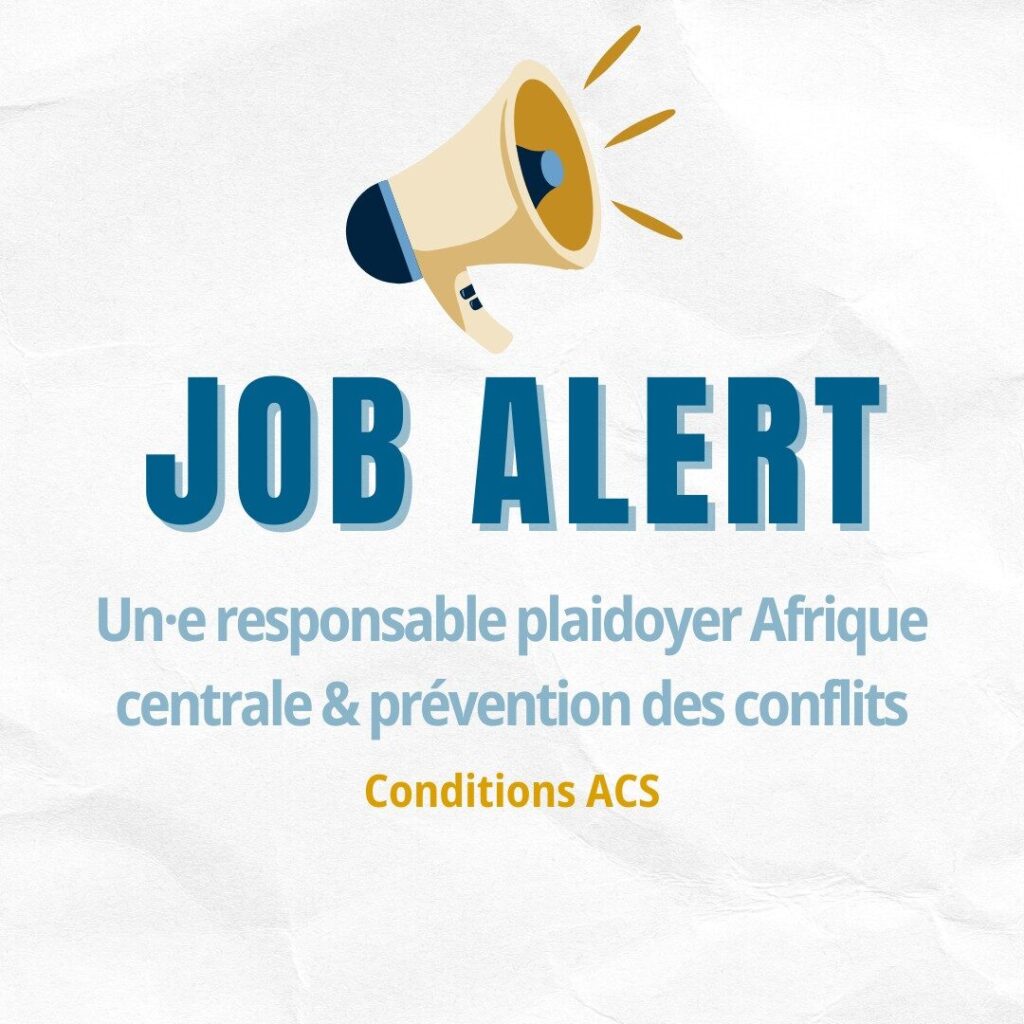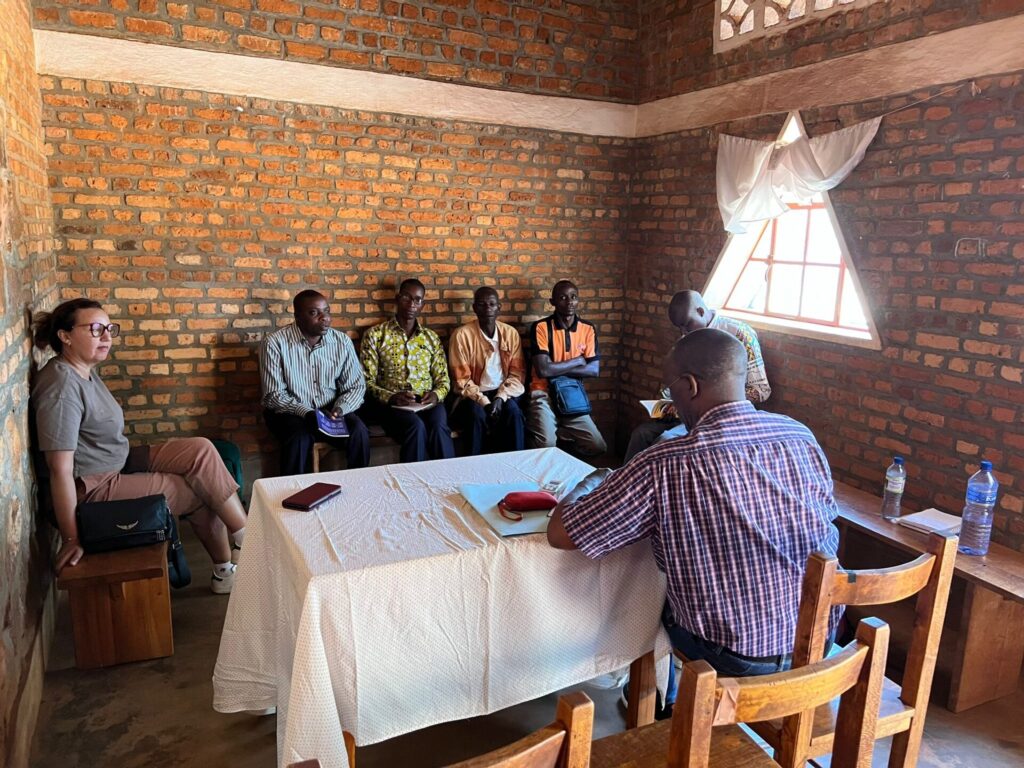Without going into detail about each specific military action, it is crucial to take a step back and attempt to clarify some fundamental principles of humanitarian law, as the Israeli-Palestinian conflict raises many questions.

Depuis le déclenchement de l’opération “Al-Aqsa Flood” par les Brigades Izz ad-Din al-Qassam, la branche armée du Hamas, et la riposte énergique de l’armée israélienne, nommée Opération Épées de Fer, des milliers de Palestiniens et d’Israéliens ont perdu la vie ou ont été blessés. Cette escalade du conflit a suscité un débat intense et polarisé au niveau international, avec des opinions divergentes au sein de l’opinion publique et des discours politiques tentant de justifier ou de condamner les actions des deux parties.
Les médias jouent un rôle crucial dans ce contexte, d’autant plus que les enjeux médiatiques des guerres ont pris une importance croissante à notre époque, accentuée par la nécessité d’informations immédiates et l’utilisation massive des réseaux sociaux. Ces éléments, déjà présents dans le contexte du conflit en Ukraine, se retrouvent également dans le cadre de la situation à Gaza, compliquant l’obtention d’une vision globale de la guerre et de ses enjeux.
La situation actuelle met en lumière des journalistes rapportant des rumeurs, des experts en studio présentant leurs opinions et analyses sur ces rumeurs, et les réseaux sociaux polarisant le débat en faveur ou contre l’une de ces parties. Un exemple concret est l’analyse du bombardement de l’hôpital Al-Ahli à Gaza-City, où la difficulté d’établir le nombre de victimes s’ajoute à la complexité de déterminer le responsable de la frappe. Cette facilité avec laquelle une conclusion provisoire peut être transformée en vérité concernant une action militaire crée un cercle d’accusations, rendant difficile les appels au respect du droit international.
Without going into detail about each specific military action, it is crucial to take a step back and attempt to clarify some fundamental principles of humanitarian law, as the conflict raises many questions.
International Humanitarian Law
At the heart of these considerations, International Humanitarian Law (IHL) presents itself as a set of rules aimed at limiting the devastating effects of armed conflicts. Regardless of the legitimization of the conflict or the reasons given, IHL aims to protect human dignity even in times of war, establishing limits to alleviate the suffering of those caught in conflicts.
- La séparation entre “Ius ad Bellum” et “Ius in Bello”
La séparation entre “Ius ad Bellum” et “Ius in Bello” constitue un pilier du DIH. Indépendamment des conditions qui autorisent le recours à la force armée (Ius ad Bellum), telles que le droit d’autodétermination revendiqué par les Palestiniens ou le droit à la légitime défense invoquée par Israël, les parties ont l’obligation de respecter le “Ius in Bello“. Il s’agit des règles régissant le comportement des parties en conflit, incluant la protection des civils, des biens médicaux, et l’interdiction des attaques indiscriminées.[1]
- The fundamental principles of international humanitarian law.
IHL is based on a foundation constituted by several conventions, including the four Geneva Conventions and their additional protocols.[2], as well as customary law[3]. Ces normes énoncées cherchent à concilier les impératifs humanitaires avec les exigences militaires, mettant en avant des principes fondamentaux tels que le principe d’humanité. Au cœur de ces principes se trouve la need to clearly differentiate between persons participating in hostilities (combatantꞏes) et celles qui n’y participent pas (civiles), with the aim of protecting them against any form of indiscriminate targeting.
Another central principle of IHL is l’interdiction des maux superflus, visant à limiter l’utilisation de la force excessive ou de méthodes cruelles qui ne sont pas nécessaires pour atteindre un objectif militaire légitime. L’objectif global est de réduire les souffrances inutiles infligées aux personnes affectées par le conflit. Enfin, le DIH insiste sur la protection des personnes hors combat ou sous le pouvoir de l’ennemi, aimed at ensuring humane treatment of persons not directly participating in hostilities, including prisoners of war and captured civilians. These principles of IHL help to establish binding standards, essential for preserving human dignity even in situations of armed conflict. There prise d’otages et l’assassinat délibéré de civils by a party to the conflict are, in fact, clearly prohibited by IHL. These actions are considered serious violations of international humanitarian law.
- Conduct of hostilities
There are other principles that focus on the conduct of hostilities, such as the principle of proportionality in attack and precaution in attack. These principles aim to minimize as much as possible harm to civilian populations in times of war by limiting the military methods and means used by the belligerents. However, as clearly explained by Marco Sassoli,[4] déterminer la légalité d’une attaque est une tâche complexe. La complexité ne réside pas tant dans la loi elle-même, mais plutôt dans la difficulté d’établir les faits entourant l’attaque. Cibler des civils ou des objets civils constitue une violation du Droit. Ce qui rend une attaque légale ne dépend pas des résultats de celle-ci, mais plutôt d’une évaluation anticipée par la partie attaquante. En d’autres termes, la complexité réside dans l’établissement des faits liés à une attaque spécifique, notamment la nature des cibles, les mesures prises pour éviter les pertes civiles excessives, la nécessité militaire de la cible, son usage par l’autre partie.
In addition, it is essential to emphasize, like Frédéric Casier[5], les conséquences dévastatrices des armes explosives à large rayon d’impact, notamment dans les zones urbaines. L’utilisation de ces armes peut entraîner d’importants dommages civils en raison de leur imprécision inhérente et de la proximité des objectifs militaires avec les infrastructures civiles. Les effets collatéraux des armes explosives lourdes sur des infrastructures civiles vitales, telles que les installations d’eau, d’électricité, et les réseaux d’alimentation cruciaux, peuvent perturber gravement des services essentiels à la survie des civils.[6]
Dans ce contexte, en plus de rappeler constamment l’obligation de respecter le droit, il est indispensable de sensibiliser les citoyenꞏnes à aller au-delà de la propagande provenant des deux côtés. Il est crucial de les encourager à demander aux médias de se familiariser avec le DIH, plutôt que de tirer des conclusions hâtives sur une attaque spécifique. De plus, il est essentiel de demander aux parties impliquées davantage de transparence afin d’établir les faits de manière objective. Cette transparence est nécessaire pour traduire les criminels en justice et assurer la responsabilité des actes commis.
- Access to humanitarian relief
The Geneva Conventions and customary law [7]affirment explicitement l’obligation des parties en conflit de permettre aux organismes humanitaires d’accéder aux zones touchées par les hostilités. Cette obligation a pour objectif de faciliter la fourniture efficace d’une assistance médicale, alimentaire, en eau, et d’autres besoins essentiels aux personnes affectées par le conflit. Malgré cela, la question de l’accès à l’aide humanitaire à Gaza a suscité de nombreuses inquiétudes. Cette réticence, malgré les appels répétés des agences onusiennes et des organisations internationales, met en lumière une polarisation qui compromet la nature même de l’aide humanitaire. La situation à Gaza a créé des divisions et des blocages politiques qui entravent la capacité des organismes humanitaires à fournir une assistance rapide et efficace. Cela souligne la nécessité impérative de repenser un espace politique qui surmonte les divisions, évite les doubles standards et permet une action humanitaire neutre, impartiale et indépendante.[8]
Conclusion
La situation actuelle entre Israël et le Hamas a engendré des pertes humaines considérables et suscité un débat mondial polarisé. Les médias et les réseaux sociaux ont joué un rôle crucial, parfois amplifiant des informations non vérifiées. Dans ce contexte, il est essentiel de rappeler les principes du Droit International Humanitaire (DIH) qui visent à limiter les souffrances en temps de guerre, vital pour protéger la dignité humaine, même dans les conflits armés. La sensibilisation du public au DIH et la demande de transparence sont cruciales pour garantir la responsabilité des actes commis et assurer une assistance humanitaire efficace. La Déclaration du haut représentant, au nom de l’Union européenne, sur des trêves humanitaires à Gaza,[9] such as United Nations Security Council Resolution 2712(2023)[10] vont dans la direction juste en demandant la libération immédiate et inconditionnelle de tous les otages et la garantie d’un accès humanitaire immédiat. Cependant, le retard dans la demande et la mise en œuvre sur le terrain a un coût élevé en termes de vies humaines. À la veille des réunions européennes importantes il est impératif que les associations de la société civile se mobilisent pour exiger une action plus décisive de l’Union européenne sur le front humanitaire. Il est crucial que cette mobilisation transcende les clivages politiques et mette l’accent sur la responsabilité collective envers la protection des populations vulnérables. Les associations humanitaires internationales et étrangères, en raison de leur impartialité et de leur neutralité, font face à des défis majeurs dans ce contexte complexe. La perception de leur positionnement en faveur d’une partie plutôt que de l’autre peut rendre difficile la fourniture d’aide à la population dans le besoin.
Dans ce cadre, il devient impératif que d’autres acteurs de la société civile, tels que les associations pour la paix, les universités et les citoyenꞏnes engagéꞏes, prennent l’initiative de porter ce débat. Cela peut être fait de manière parallèle, mais aussi distincte de celui axé sur les questions de paix. Ces groupes peuvent contribuer à sensibiliser davantage le public, mettre en lumière le Droit International Humanitaire (DIH), souligner les besoins humanitaires pressants et encourager une réponse efficace de l’Union européenne. Il est essentiel de créer un nouvel espace mettant en avant l’importance du respect du DIH qui va au-delà de la recherche des responsabilités. Cette tâche reviendra aux historiens et aux tribunaux mais, actuellement, l’accent doit être mis sur la sensibilisation et l’action humanitaire immédiate pour atténuer les souffrances de la population civile affectée par le conflit.
Mattia Tosato.
[1] For more information Kolb, R. (1997), Origin of the twin terms jus ad bellum/jus in bello: https://www.icrc.org/en/doc/resources/documents/article/other/57jnuu.htm and Tosato, M. (2022), L'imparzialità alla prova dei social e la ragione per separare ius in bello ed ius ad bellum: https://www.amistades.info/post/imparzialita-alla-prova-social-ragione -separare-ius-in-bello-ius-ad-bellum
[2] Geneva Conventions of 1949, Additional Protocols and their Commentaries: https://ihl-databases.icrc.org/fr/ihl-treaties
[3] The ICRC study on customary international humanitarian law (IHL): https://ihl-databases.icrc.org/fr/customary-ihl
[4] Sassoli (2023), Israel – Hamas 2023 Symposium – Assessing The Conduct Of Hostilities In Gaza – Difficulties And Possible Solutions: https://lieber.westpoint.edu/assessing-conduct-hostilities-gaza-difficulties-possible-solutions/
[5] Casier (2020), Explosive weapons with a large impact radius in densely populated areas A hope of finally alleviating the unacceptable suffering of civilians?: https://www.croix-rouge.be/content/uploads/sites/6/2020/04/Les-armes-explosives-a-large-rayon-d%E2%80%99impact-dans-les-zones-densement-peuplees_FREDERIC-CASIER_2020.pdf?_ga=2.213684764.901578926.1609771872-1041240814.1603129924
[6] See also Political Declaration on Strengthening the Protection of Civilians from the Humanitarian Consequences arising from the use of Explosive Weapons in Populated Areas: https://www.dfa.ie/media/dfa/ourrolepolicies/peaceandsecurity/ewipa/EWIPA-Political-Declaration-Final-Rev-25052022.pdf
[7] Rule 55, ICRC study on customary international humanitarian law (IHL): https://ihl-databases.icrc.org/en/customary-ihl/v1/rule55
[8]To go further: Sharpe (2023), Humanitarian access to Gaza: https://www.ejiltalk.org/humanitarian-access-to-gaza/
[9] Déclaration du haut représentant, au nom de l’Union européenne, sur des trêves humanitaires à Gaza, 12 Novembre 2023 : https://www.consilium.europa.eu/fr/press/press-releases/2023/11/12/statement-by-the-high-representative-on-behalf-of-the-european-union-on-humanitarian-pauses-in-gaza/
[10] S/RES/2712 (2023)





